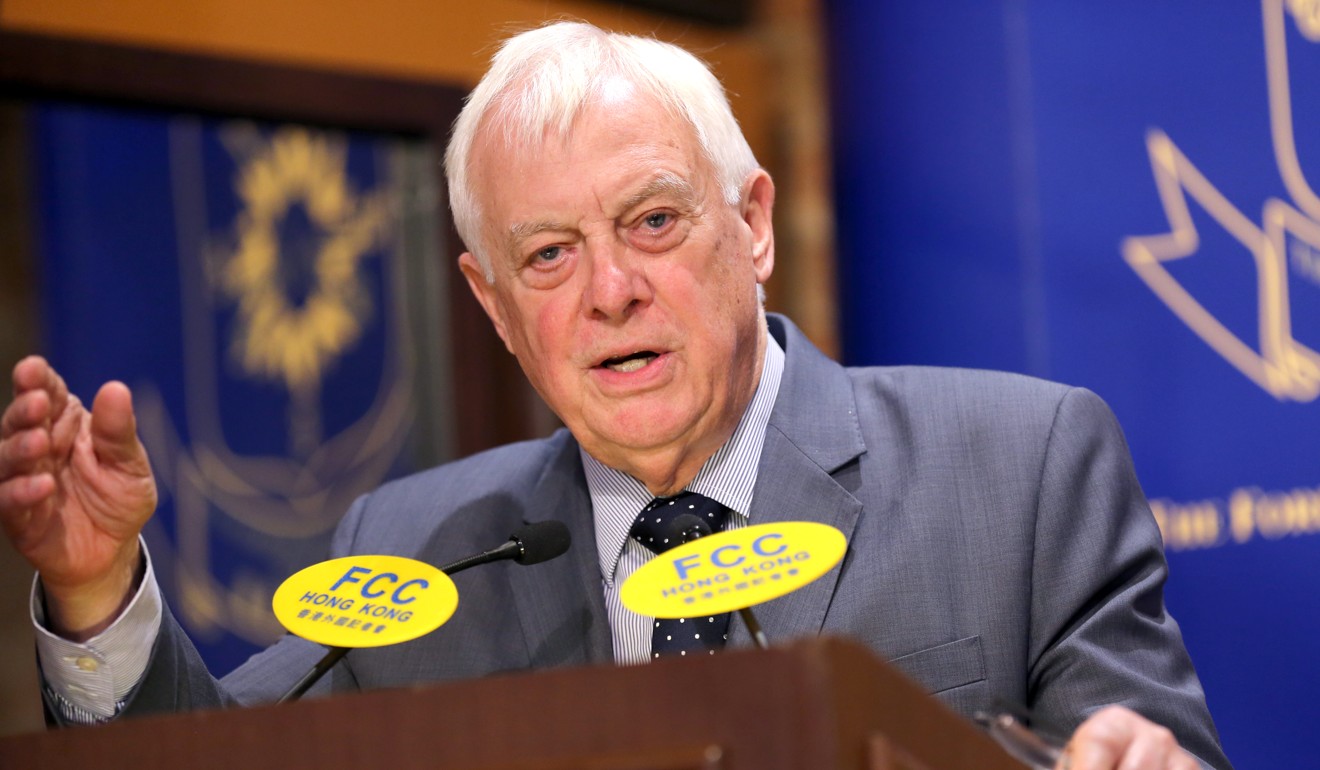
Why Hong Kong independence activist talk at FCC must go on, even if the ideas don’t warrant a megaphone
Michael Chugani says government officials’ overreaction to the planned talk by a Hong Kong National Party co-founder at the Foreign Correspondents’ Club has provoked attention to a lost cause and displays a lack of understanding of local media freedom
Free speech is the heartbeat of the FCC. Asking it to self-censor is like asking it to put a gun to its head. Once it invited Chan, there was no turning back. If it did on Beijing’s order, its very existence as a free speech bastion would be a joke.
Beijing, Lam and Leung need to accept this reality, however unpalatable they find it. Yes, self-censorship exists in sections of the Hong Kong media. But overall media freedom is still intact. It’s a core value the public demands. The media must either swim with this or sink. So must the FCC, which has many local and foreign journalists among its members.
It’s a Hong Kong trait that the more you try to silence a voice, the louder it gets. There really wasn’t any need to silence Chan’s voice because it never resonated with the public. Most Hongkongers shrug off independence as a fantasy. By trying to silence him, Beijing has handed him a megaphone.

Watch: Hong Kong National Party and student unions call of rally after police warning
What puzzles me is why Beijing tried to silence Chan at the FCC but not anywhere else. He was all over the media after the government sought to ban his party. He even debated with other guests at an RTHK forum. Why didn’t Beijing, Lam and Leung press newspapers, television and radio stations not to give him a voice?
It will be a sad day for Hong Kong if Carrie Lam, her top officials and Beijing officials boycott the FCC in retaliation for its refusal to silence Chan, or for the government to take back the premises.
They have put the FCC between a rock and a hard place. Squeezing it further will send a global message that free speech is dying in Hong Kong.
Michael Chugani is a Hong Kong journalist and TV show host

